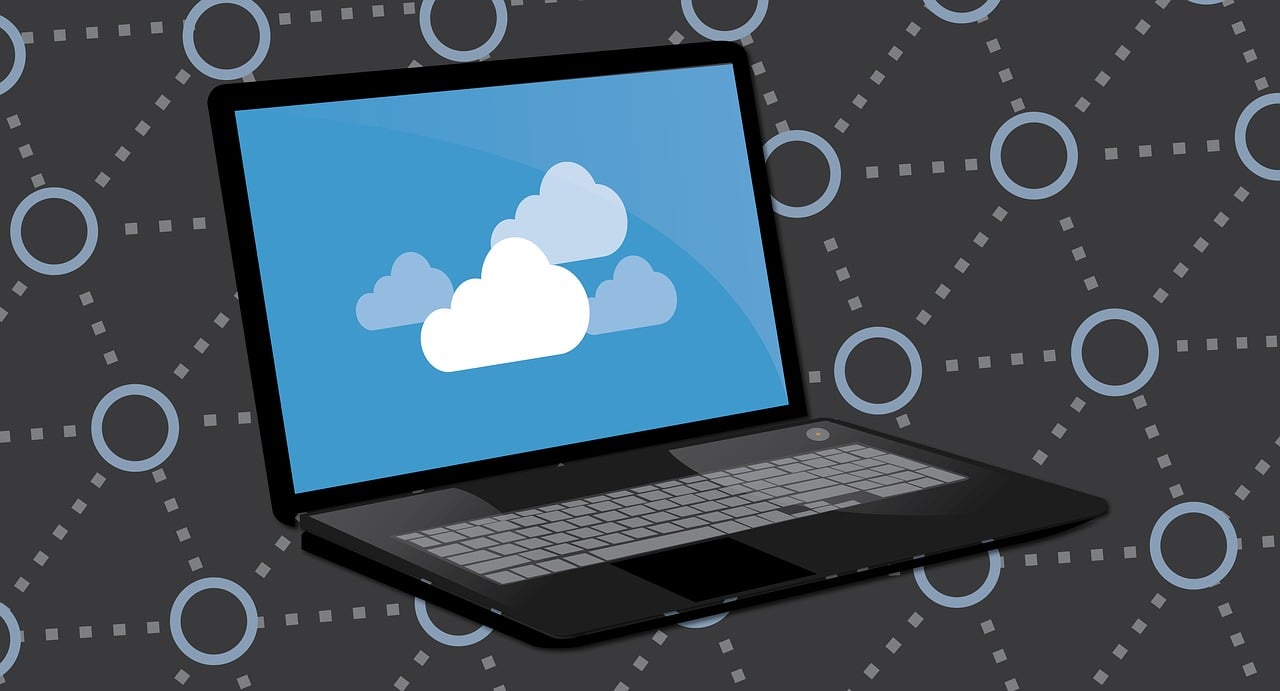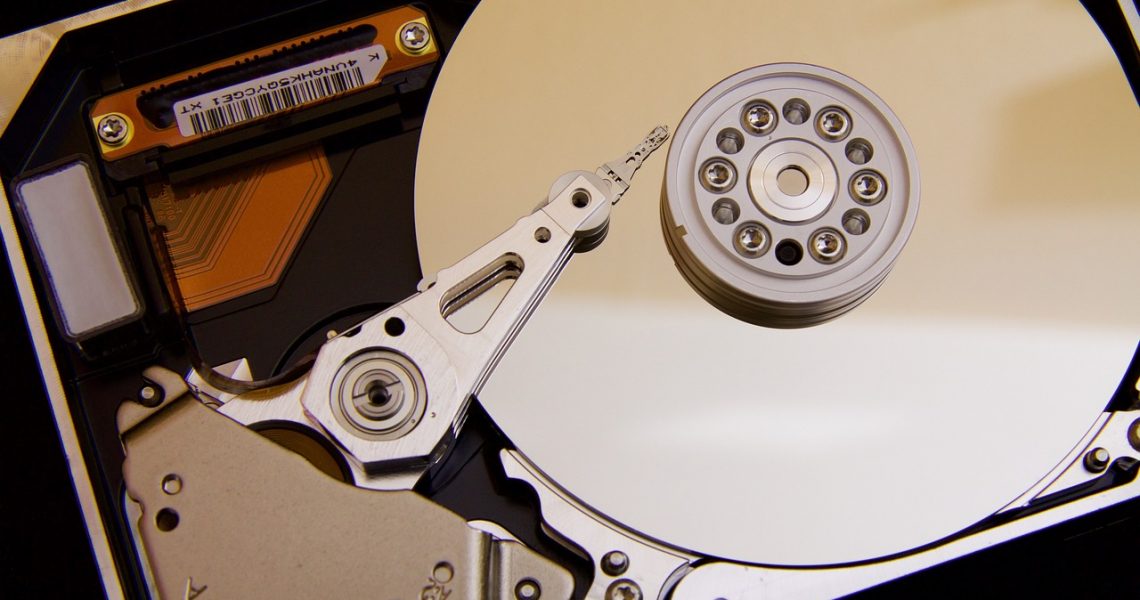Comparing Online Backup vs. External Hard Drives: Which is Better?
In the digital age, safeguarding our data has become more crucial than ever. As the volume of personal and professional information we generate continues to grow exponentially, the debate between online backup vs. external hard drives has intensified. Both options offer unique advantages and potential drawbacks, making the choice between them a critical decision for individuals and businesses alike. This comprehensive comparison will delve into the intricacies of both backup methods, helping you make an informed decision about which solution best suits your needs.
What is Online Backup?
Online backup, also known as cloud backup, is a method of data storage that involves transferring and storing digital information on remote servers accessed via the internet. This modern approach to data protection has gained significant traction in recent years due to its convenience and reliability.
Definition and Functionality
Online backup services operate by securely transmitting data from a user’s device to remote servers maintained by the service provider. These servers are typically distributed across multiple locations to ensure redundancy and availability. The backup process can be configured to run automatically at scheduled intervals, ensuring that the most recent version of your data is always protected.
Key features of online backup include:
- Automated backups: Set-and-forget functionality that runs in the background
- Version control: Ability to access and restore previous versions of files
- Cross-device syncing: Access to backed-up data from multiple devices
- End-to-end encryption: Secure transmission and storage of data
Advantages of Online Backup
Online backup services offer several compelling benefits that make them an attractive option for many users:
- Accessibility: Access your data from anywhere with an internet connection
- Scalability: Easily adjust storage capacity as your needs change
- Redundancy: Multiple copies of data stored across different locations
- Automatic updates: Software and security updates managed by the provider
- Disaster recovery: Protection against local disasters such as fires or floods
- Cost-effective: No need for physical hardware investment or maintenance
What is an External Hard Drive?
An external hard drive is a portable storage device that connects to a computer or other devices via USB, Thunderbolt, or other interfaces. These devices offer a tangible, offline solution for data backup and storage.
Definition and Functionality
External hard drives are self-contained units that house a hard disk drive (HDD) or solid-state drive (SSD) within a protective enclosure. They function similarly to internal hard drives but are designed for easy portability and external connection. Users can manually transfer files to the drive or use backup software to automate the process.
Key features of external hard drives include:
- Portability: Compact design for easy transportation
- High capacity: Available in various storage sizes, often up to several terabytes
- Plug-and-play: Simple connection to devices without complex setup
- Offline access: Data available without an internet connection
- One-time purchase: No recurring fees for usage
Advantages of External Hard Drives
External hard drives offer several unique benefits that appeal to many users:
- Physical control: Direct possession and management of your data
- Fast transfer speeds: Rapid data transfer, especially with USB 3.0 or Thunderbolt
- No internet required: Access your data anytime, even without connectivity
- One-time cost: No ongoing subscription fees
- Privacy: Data remains in your physical possession
- Compatibility: Works with most devices and operating systems
Comparing Costs: Online Backup vs. External Hard Drives

When evaluating the cost-effectiveness of online backup versus external hard drives, it’s essential to consider both initial and long-term expenses.
Initial Costs
The upfront costs for these two backup solutions differ significantly:
| Online Backup | External Hard Drive |
|---|---|
| Often free for basic plans | One-time purchase cost |
| Premium plans may have setup fees | No additional setup costs |
| No hardware investment required | Cost varies based on capacity and technology (HDD vs. SSD) |
External hard drives typically require a higher initial investment, with prices ranging from $50 for basic models to $300 or more for high-capacity, high-performance drives.
Long-term Costs
Over time, the cost dynamics between online backup and external hard drives can shift:
| Online Backup | External Hard Drive |
|---|---|
| Monthly or annual subscription fees | No recurring fees |
| Costs increase with storage needs | One-time cost for fixed capacity |
| No maintenance or replacement costs | Potential replacement costs every 3-5 years |
| Additional features may incur extra fees | No additional feature costs |
While online backup services often start with low monthly fees, these can accumulate over time. Conversely, external hard drives have no recurring costs but may need replacement due to wear and tear or technological obsolescence.
Accessibility and Convenience
The accessibility and convenience of backup solutions play a crucial role in their effectiveness and user adoption.
Accessibility
Online backup services excel in terms of accessibility:
- Remote access: Retrieve files from anywhere with internet connectivity
- Multi-device support: Access data from various devices (computers, smartphones, tablets)
- Sharing capabilities: Easily share files with others through secure links
- No physical limitations: Never worry about forgetting your backup at home or office
External hard drives, while less flexible in terms of remote access, offer:
- Immediate availability: Access files instantly without relying on internet speed
- Offline access: Retrieve data even without an internet connection
- Physical control: Always know the exact location and status of your data
Convenience
Both options offer convenience in different ways:
Online Backup Convenience Features:
- Automated, scheduled backups
- Continuous data protection
- No need to manage physical devices
- Automatic software updates and maintenance
External Hard Drive Convenience Features:
- Simple plug-and-play functionality
- Direct file management through familiar interfaces
- No dependence on internet connectivity
- Immediate data transfer and access
Security and Data Protection
In an era of increasing cyber threats, the security of backup solutions is paramount.
Online Backup Security
Online backup services typically offer robust security measures:
- End-to-end encryption: Data encrypted during transfer and storage
- Multi-factor authentication: Additional layers of access security
- Regular security audits: Continuous monitoring and improvement of security protocols
- Compliance certifications: Adherence to industry standards (e.g., GDPR, HIPAA)
External Hard Drive Security
External hard drives rely more on physical security and user-implemented measures:
- Physical control: Direct oversight of the device’s location and access
- Offline storage: Protection from online threats when not connected
- Encryption options: Some drives offer built-in hardware encryption
- Password protection: User-implemented access controls
| Security Feature | Online Backup | External Hard Drive |
|---|---|---|
| Data Encryption | Standard | Optional/User-implemented |
| Access Control | Multi-factor | Physical possession |
| Threat Protection | Continuous monitoring | User-dependent |
| Data Redundancy | Multiple locations | Single device |
Data Recovery and Reliability

The ability to recover data efficiently and the overall reliability of the backup solution are critical factors to consider.
Online Backup Recovery
Online backup services typically offer:
- Instant file restoration: Quick access to backed-up files
- Version history: Ability to recover previous versions of files
- Bulk data recovery: Options for large-scale data restoration
- Cross-platform recovery: Restore data to different devices or operating systems
External Hard Drive Recovery
Data recovery from external hard drives involves:
- Direct file access: Immediate retrieval of files when connected
- Data recovery software: Use of specialized tools for deleted or corrupted files
- Professional services: Option for expert recovery in case of physical damage
Reliability factors for both options:
- Online Backup Reliability:
- Redundant storage across multiple locations
- Automatic integrity checks and error correction
- Professional maintenance and monitoring
- External Hard Drive Reliability:
- Dependent on proper handling and storage
- Subject to physical wear and tear
- Vulnerable to local disasters or theft
Scalability and Storage Capacity
As data needs grow, the ability to scale storage capacity becomes increasingly important.
Scalability of Online Backups
Online backup services offer superior scalability:
- Flexible storage plans: Easily upgrade or downgrade storage as needed
- Unlimited storage options: Some providers offer unlimited storage plans
- No physical limitations: Storage capacity not constrained by hardware
Storage Capacity of External Hard Drives
External hard drives have fixed capacities:
- Limited by physical size: Capacity ranges typically from 1TB to 20TB
- Multiple drives needed: Additional drives required as data grows
- Upgrade complexity: Migrating data to larger drives can be time-consuming
| Aspect | Online Backup | External Hard Drive |
|---|---|---|
| Scalability | Highly flexible | Limited by physical drive size |
| Maximum Capacity | Virtually unlimited | Typically up to 20TB per drive |
| Upgrade Process | Simple plan adjustment | Purchase of new hardware |
| Cost of Scaling | Incremental increases in subscription | Significant upfront costs for larger drives |
Environmental Impact
The environmental implications of data storage solutions are becoming increasingly important in our eco-conscious world.
Energy Consumption
- Online Backup: Data centers require significant energy for operation and cooling
- External Hard Drives: Consume energy only when in use, but production and disposal have environmental costs
Material Waste
Considerations for environmental impact include:
- Online Backup:
- Reduces need for personal storage devices
- Centralized data centers can optimize resource usage
- External Hard Drives:
- Contribute to electronic waste when disposed
- Require raw materials for production
Environmental factors to consider:
- Carbon footprint of data center operations vs. device manufacturing
- Energy efficiency improvements in both cloud services and hard drive technology
- Recycling and proper disposal practices for electronic devices
- Long-term sustainability of data storage solutions
Conclusion
The choice between online backup and external hard drives ultimately depends on individual needs, preferences, and circumstances. Online backup offers unparalleled accessibility, scalability, and automated protection, making it an excellent choice for those prioritizing convenience and remote access. It’s particularly suited for individuals and businesses with consistent internet connectivity and a need for collaborative features.
External hard drives, on the other hand, provide tangible, offline storage with fast transfer speeds and complete physical control over data. They’re ideal for users with large amounts of data, those concerned about internet dependency, or individuals working with sensitive information requiring air-gapped storage.
For many, a hybrid approach combining both methods may offer the best of both worlds – leveraging the accessibility and redundancy of online backup while maintaining a local copy on an external hard drive for immediate access and additional peace of mind.
As technology continues to evolve, both online backup services and external hard drives are likely to see improvements in capacity, speed, and security. Staying informed about these advancements will help you continually assess and adapt your backup strategy to best protect your valuable data in an ever-changing digital landscape.
